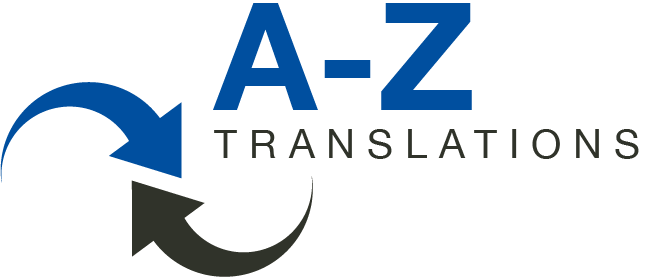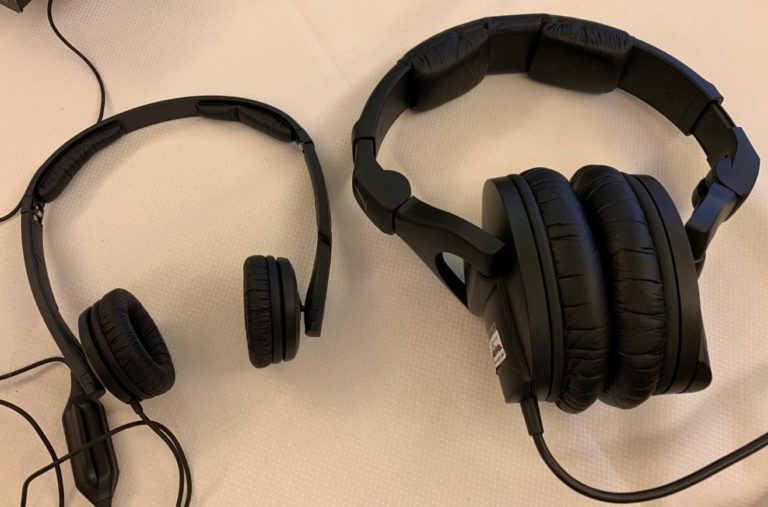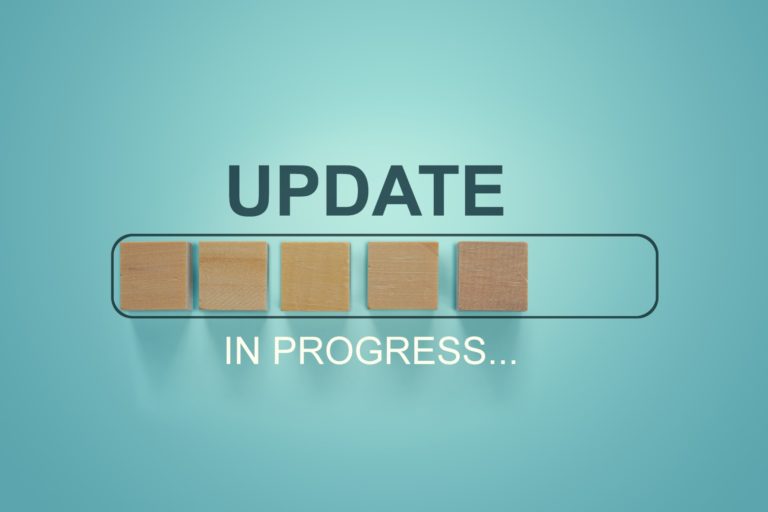I’m having to interpret at very short notice the next two days, so preparing properly is a bit of a challenge, seeing as I was called only yesterday to fill in for a colleague who has become ill.
Thankfully, the topic is not entirely unknown to me and the customer has sent plenty of material, an agenda and more helpful information, such as names of those who will be listening to us. Plus, my cabin partner has been working for this customer for a while, which gives me peace of mind – at least one of us is very well prepared.
The International Association of Conference Interpreters (AIIC) has compiled a list of helpful materials a customer should provide interpreters with before the assignment:
- The agenda may not seem like much but it’s
chock-full of information. It shows how the meeting is organized –
schedule, speeches/presentations, discussion and breakout sessions, etc.
Add on speakers‘ résumés and the list a participants (individuals and organizations) and it’s even better. - Reports or talks from previous meetings are great.
Sure, this year’s conference will be different, but we’re talking about
background. Minutes, position papers, even general information about
your organization will illustrate what you are all about. Your
interpreters will gain insight into areas under discussion, pick up
procedural information and learn how your cohort talks. - Any background material made available to
participants, especially information on the purpose of the meeting,
should be made available to your language people also. It will help them
put things in context and construct mind maps that will inform their
work. - Your website and those of any partner groups will
be extremely useful – and perhaps should have been mentioned first.
After all, the website might well be the place all the information
mentioned above is available. Paperless is possible – and interpreters
have long gone electronic. - Direct person-to-person contact is sometime
forgotten in our high-tech world but shouldn’t be. Maximize
communication by minimizing the distance between your organization and
the interpreters. Having a single contact person on each side is
advisable. - A pre-meeting briefing/Q&A session can be beneficial for both sides, especially if the topic is highly specialized.
- And if speeches or power points do come in before
(or even during) the meeting, by all means make them available. Your
interpreters will be able to prepare them in context having studied
everything you provided previously.
Unfortunately, not all customers do this, or even some of this, even when you (repeatedly) ask them for material, turning preparation into a sort of guessing game, but I’m really glad that I have been provided with all of the above for tomorrow and Saturday!
There are quite a few helpful websites on how to prepare for an assignment, both for customers and for interpreters:
- http://interpreters.free.fr/preparation.htm
- https://www.bilingual-ls.com/single-post/2017/05/26/10-Tips-Preparing-for-Conference-Interpreting-Services
Have fun browsing – and preparing, hopefully with more time!


